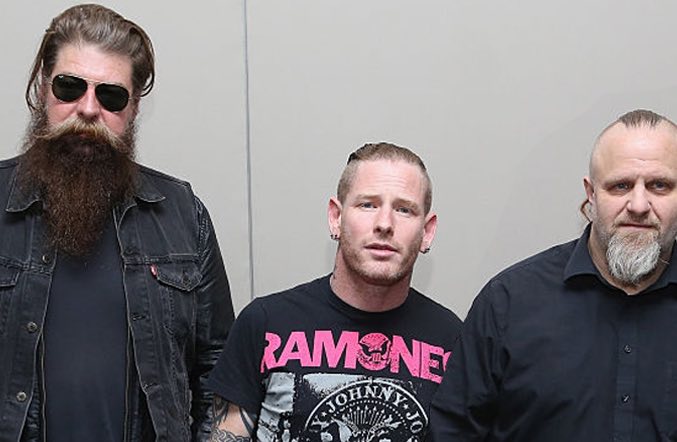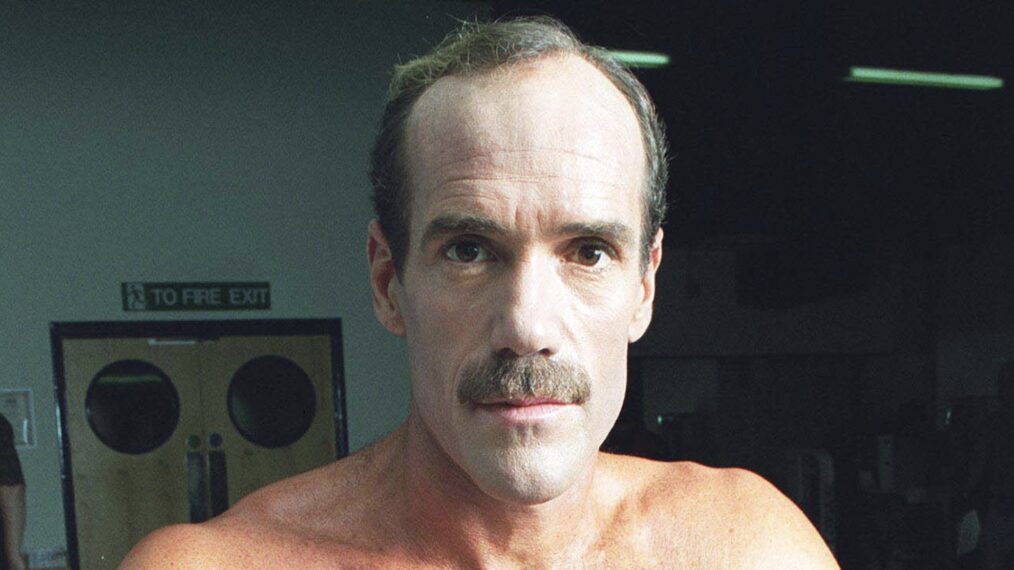The world of music production often harbors an air of mystique, and few figures embody this more profoundly than Rick Rubin. Revered and criticized in equal measure, Rubin’s influence on diverse artists such as Slayer, Johnny Cash, and Kanye West has sparked both accolades and doubts. Slipknot’s Corey Taylor has joined the ranks of those who have questioned Rubin’s impact, revealing his reservations about the producer’s involvement during the making of the band’s third studio album, “Vol. 3: (The Subliminal Verses).”
As reported by UG – In a recent fan Q&A hosted by Revolver, Taylor offered insights into the recording process that unveiled the complexities surrounding the creation of the album. His candid remarks spotlighted Rubin’s alleged lack of presence during the pivotal studio sessions, leaving an indelible impression on the artist and the album itself.
Taylor’s memories of that time appear shrouded in haze, clouded by personal struggles and a tumultuous environment. He shared, “Oh God, that was such a pivotal time in my life. I was in such a bad place, I don’t really have a lot of memory of the first half of making that album, because I was so messed up all the time.” The band’s uncertainty about the album’s reception and their readiness for such a creative departure further complicated the situation.
The emergence of the track “Duality” marked a turning point, altering the trajectory of the album’s reception and the band’s self-perception. Taylor recalled, “We weren’t sure if people were gonna be ready for an album like that; we weren’t sure if we were ready for an album like that. And the recording of it left such a bad taste in my mouth that to this day I have a hard time listening to it.”
Rubin’s purported lack of involvement prompted Taylor to identify mixing engineer Greg Fidelman as the true force behind the album’s production. Taylor’s candor about Rubin’s minimal presence in the studio underscores the complexities of collaboration between artists and producers. Rubin’s sporadic appearances and perceived detachment intersected with a critical juncture for Slipknot, as their rising fame attracted various opportunists.
As Taylor shared poignant moments with late bass player Paul Gray, who struggled with his own demons, the album’s creation became a poignant backdrop to their personal journeys. Taylor’s own struggle for sobriety, coupled with the band’s evolution from local unknowns to global icons, molded the album’s atmosphere.
While Taylor’s reflections might reveal a certain unease with the album’s creation, the passage of time and the band’s enduring popularity offer new lenses through which to view “Vol. 3: (The Subliminal Verses).” Taylor admitted, “And right now, we’re opening with ‘Prelude 3.0’ into ‘Blister Exists,’ which is such a great one-two punch. It makes me kind of look at that album with new eyes, and go, ‘Maybe we did something right here!’ Because at the time, I wasn’t completely convinced.”
As Corey Taylor prepares to release his sophomore solo album “CMF2” this September 15, his retrospective on “Vol. 3: (The Subliminal Verses)” serves as a reminder that music is a multi-dimensional journey, influenced by moments both triumphant and trying. The album stands as a testament to the ever-evolving relationship between artists and their creations, reminding us that even in the face of uncertainty, art can endure and thrive.




































































![Eminem – Somebody Save Me (feat. Jelly Roll) [Official Music Video] Eminem – Somebody Save Me (feat. Jelly Roll) [Official Music Video]](https://i.ytimg.com/vi/Vwa0HenQMi4/maxresdefault.jpg)







































